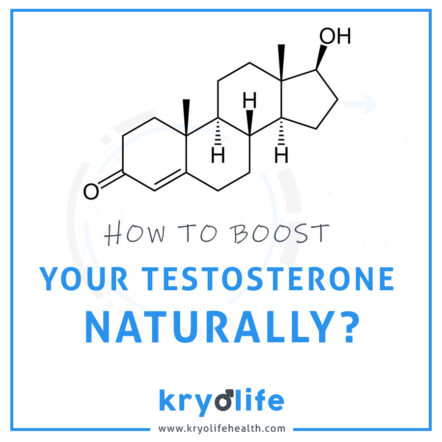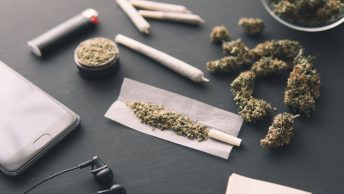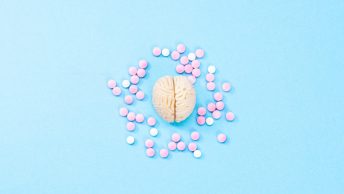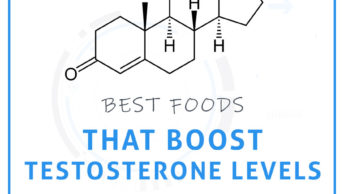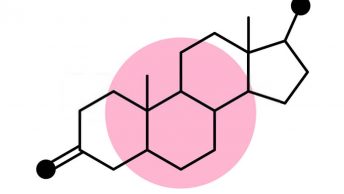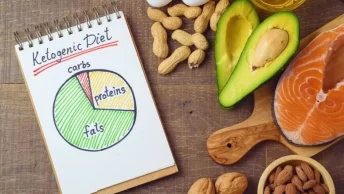Quick summary
- Diet plays a crucial role in maintaining testosterone levels, and it is important to maintain a balance of carbs, proteins, fats, and micronutrients for optimal hormone production.
- Getting sufficient, quality sleep is vital for rejuvenating the body and maintaining healthy testosterone levels, with at least 7 hours recommended for optimal hormone production.
- Natural testosterone supplements, such as Ashwagandha and ginger extracts, can help boost testosterone levels for those who have difficulty consuming testosterone-boosting foods or making lifestyle changes.
Masculinity is all about testosterone1, and without it, we are all just the same!
This wonder hormone has a lot to do to masculinize a human being; not that alone, but testosterone takes part in a hundred other metabolic functions as well.
When the levels plummet in our body, a lot of symptoms are being exhibited, some of which affects our daily life itself.
The most preferred choice is steroids, which unarguably is the fastest solution for combating diminishing testosterone.
But the effects only turn positive when used in a controlled manner under the guidance of a medical expert.
How many of you know that testosterone can be increased by simply changing some lifestyle habits and diet?
If not, this article is for you.
Take a break from the world of drugs and go with nature to pump the t-factor back to normal.
Read more: Best Foods That Boost Testosterone Levels
Best natural testosterone boosters
1. First things first: FOOD!
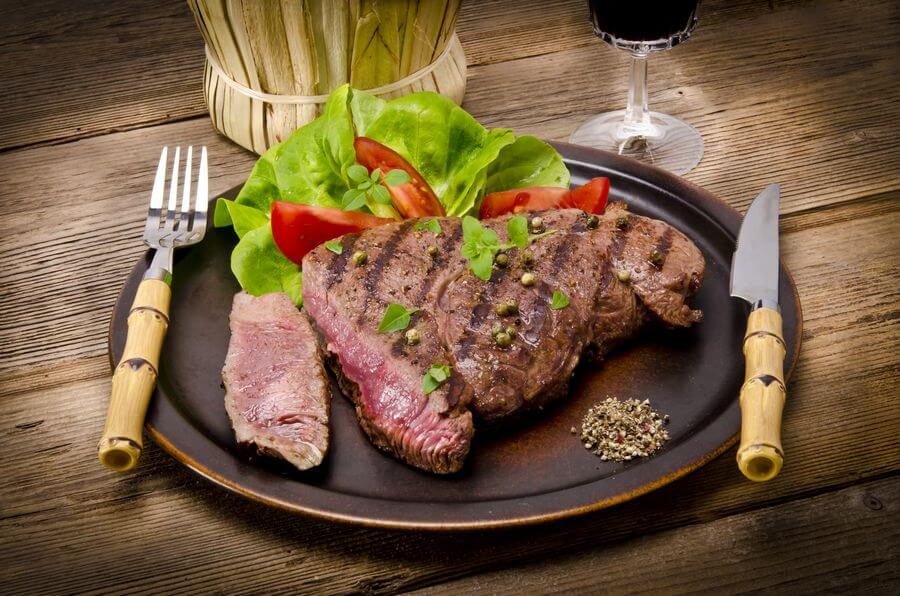
If you want to increase the levels of testosterone naturally, then the most important regulation has to come in the dietary department.
Whatever that go in matters, because many of the essential nutrients required for the t-hormone anabolism has to come from the daily diet.
It is the ‘dietary deficiency’ one reason why people get diminishing levels of testosterone.
Keep in mind that, eating too much or dieting too much won’t help in recovering testosterone levels.
The golden balance between carbs, proteins, fats, and micronutrients2 are what required here.
Proteins are in general important in testosterone metabolism since amino acids like aspartic acid play a major role in biosynthesis.
Carbs shall be loaded more when you are in resistance training as it helps in optimizing the testosterone levels.
When it comes to fat, HDL is the most required macronutrient instead of LDL for boosting testosterone levels.
There are several micronutrients like magnesium, zinc, vitamin D, etc. needed for improving the bioavailability of testosterone.
2. Sleep it out

Wait before you could judge this as funny!
Sleep matter, in fact, more you could sleep better it is for your general health.
Often waking late in the morning isn’t an ideal habit for success, but getting at least 7 hours of sleep is very much needed.
Studies point to the fact that bridling your sleep to 5 hours a day could plummet the t-hormone levels by up to 15 %.
However, every extra one hour could add as much as 15% of testosterone into the system.
Sleep is the natural act of rejuvenation, and if you love your body, you need to sleep tight every day.
Sleep quality also matters, because 6 hours of good quality had the same level of testosterone boost compared to 8 hours of average sleep.
In a study, it was observed that people who slept for 4 hours a day had borderline levels of testosterone, which affected their daily life as well.
So, go early to the bed, sleep 7+ hours and you have half done to boost your t-levels.
3. Enjoy the warmth of the sun

Vitamin D is a major nutrient required for building and developing healthy bones. It helps in the absorption of calcium into the bone, thus increasing the bone density making it stronger.
Other than that, vitamin D is very important in the biosynthesis of t-hormone.
There are certain vitamin D receptors in the Leydig cells of testicles whose activity is boosted by vitamin D interaction.
There are several studies elucidating the positive relationship between vitamin D and testosterone
It is often acquired by biosynthesis involving the UV-B light from sunlight hitting the skin and converting cholesterol into vitamin D.
So spending at least 20 ~ 30 minutes under the sunlight is important. Please note that the morning and evening sunlight are generally regarded as the best since they are low in harmful UV-A radiation.
If the sun isn’t your thing then without thinking further supplement it using vitamin D capsules.
4. Stress-busting

Stress is an integral part of human life, and a life without it is impossible.
However, over-stress can have some physiological as well as psychological impacts, of which male hypogonadism is one major threat.
When you are stressed, especially for a longer period, the body tries to combat the effect by elevating the hormone cortisol.
Cortisol can suppress the testosterone, and it is at this stage, the clinical manifestation of hypogonadism occurs.
Things can get worse as cortisol can indirectly lead to weight gain by upregulating your food intake mechanism.
The easiest solution is to bypass stressful events in life, which unfortunately isn’t our choice anymore.
So, learn to eliminate stress from life by practicing meditation, exercising, getting some good quality sleep or even by controlling diet.
There are breathing techniques, natural remediations, laughter therapy, and stress buster clubs to help you handle stress.
5. Start loving your body

There is a common saying that “Good soul rest in a happy mind and for a happy mind, you need a healthy body.”
Over time, studies have shown how much this is true because metaphorically your computer hardware has to be functional to run a software.
Exercising is the best juice that can completely take care of your body, and up to an extent, your mental health as well.
Walking a mile, jogging few rounds, swimming, skipping, aerobics or you name it; anything that involves calorie-burning shall be called an exercise provided you do it regularly.
Eating food, breaking it down, absorbing nutrients, using them, and storing remaining to be used at a later point of time is how the chain of events are supposed to be.
When you default any of it, say for instance falling short on using the surplus calories stored in your body, it is when issues like obesity kicks in and starts creating a problem.
For linearizing and boosting testosterone, a healthy body is very important, and some form of exercise is highly recommended.
6. Supplement it naturally
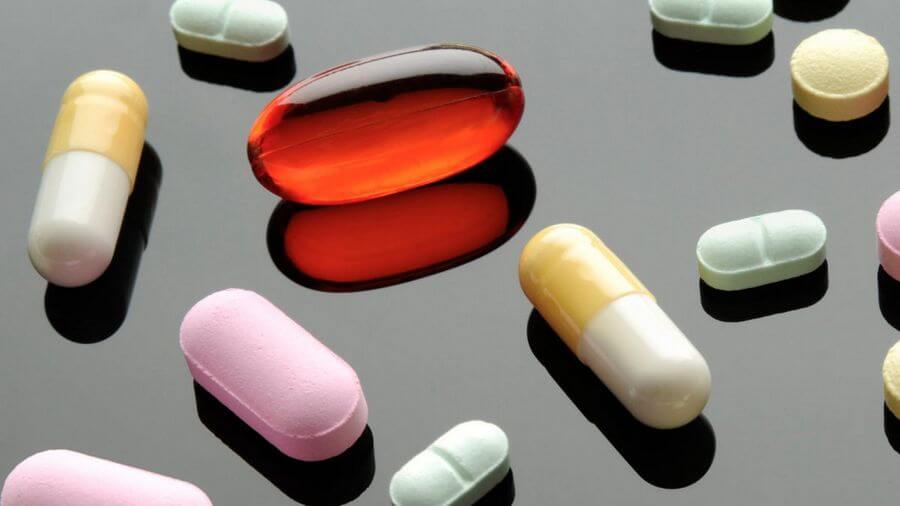
It doesn’t matter how hard you try; sometimes, none of the above might come for your aid due to several reasons.
For example, if someone is bedridden most of the above solutions might be a ‘good on paper’ remedies.
But wait before you can invite steroids or other drugs in your life.
Best natural testosterone supplements, usually nutraceutical food extracts are available, like herbal powders, capsules, oils, etc. to help you manage testosterone deficiency.
If eating testosterone boosting foods is difficult, then the next best choice will be to supplement it.
Ashwagandha is a medicinal plant, whose extracts are clinically proven to boost the testosterone levels by up to 17%.
Ginger extracts often prescribed in Ayurveda for gastric imbalance and testosterone boosting, which showed a 15% ~ 16% improvement.
Some of other commonly available natural supplements, are horny goat weed capsules, shilajit, and tongkat ali.
Conclusion
Now you know what immediately to do if you feel you’re low on testosterone.
All it takes are a few twist and tweaks in your daily life, and the result is fascinating.
Testosterone deficiency is not a disease, instead a clinical manifestation of some lifestyle shortcomings.
Sometime this deficiency might be caused due to some underlying disease conditions, so always feel free to consult your physician for an expert opinion.
In general, it is really easy to boost the t-hormone but at the cost of time and perseverance.
Before you jump the gun and go with chemical alternatives like Testo-Max, take a pause and try these natural remedies.
References
- Mauras, Nelly, et al. “Testosterone deficiency in young men: marked alterations in whole body protein kinetics, strength, and adiposity.” The Journal of Clinical Endocrinology & Metabolism 83.6 (1998): 1886-1892. https://academic.oup.com/jcem/article-abstract/83/6/1886/2865200
- Karst, H., et al. “Diet-induced thermogenesis in man: thermic effects of single proteins, carbohydrates and fats depending on their energy amount.” Annals of nutrition and metabolism 28.4 (1984): 245-252. https://www.karger.com/Article/Abstract/176811

